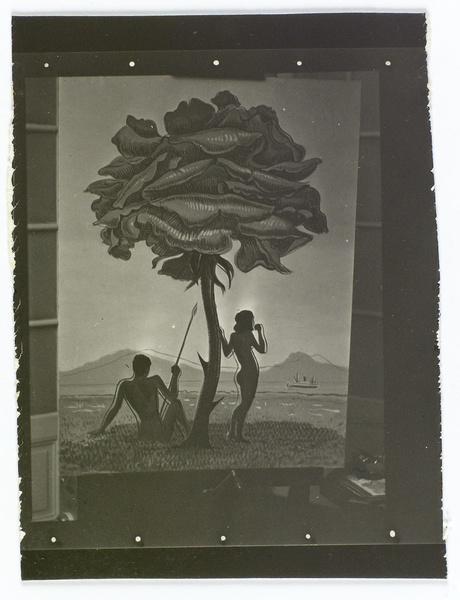Festival / Evening
Maurice Olender
From hebrew to sanskrit: a linguistic flight of fantasy for the christian west
06 Mar 2013

The event is over

The language of the Church Fathers presents a theological problem: in what language did God say “Let there be light”? By the end of the 18th century, the Christian West was becoming secularised, and inventing new Romantic origins. The Sanskrit discovered by scholars was promoted as the “language of heaven”. Hebrew, as the divine language, was succeeded by this primordial Sanskrit dreamt up by academic science in the 19th century. Between erudition and politics, philological representations of “Hebrew” and “Sanskrit” were able to be transformed, in the 20th century, into murderous fictions: the “Semitic” and the “Aryan”.
A lecture by Maurice Olender, Historian (EHESS) and Editor (Seuil). His publications include Les Langues du Paradis (Points Essais, 2002), translated into around fifteen languages, and Race sans histoire (Points Essais, 2009).

The language of the Church Fathers presents a theological problem: in what language did God say “Let there be light”? By the end of the 18th century, the Christian West was becoming secularised, and inventing new Romantic origins. The Sanskrit discovered by scholars was promoted as the “language of heaven”. Hebrew, as the divine language, was succeeded by this primordial Sanskrit dreamt up by academic science in the 19th century. Between erudition and politics, philological representations of “Hebrew” and “Sanskrit” were able to be transformed, in the 20th century, into murderous fictions: the “Semitic” and the “Aryan”.
A lecture by Maurice Olender, Historian (EHESS) and Editor (Seuil). His publications include Les Langues du Paradis (Points Essais, 2002), translated into around fifteen languages, and Race sans histoire (Points Essais, 2009).
When
From 7pm
